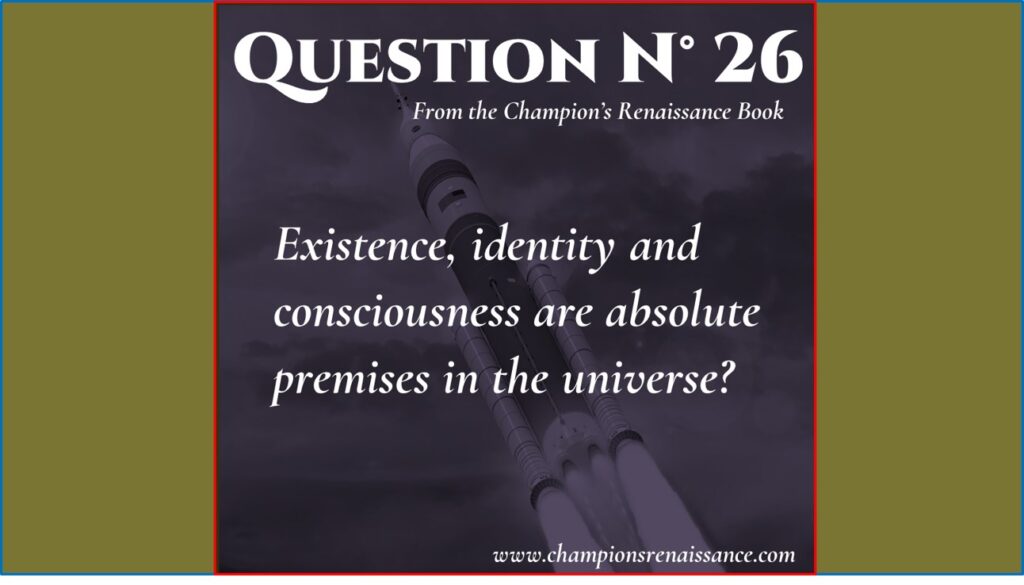
(Answer at the end).
SCIENCE
By Charles Kocian
After decades of the last lunar Apollo mission, the motors of Artemis I lifted off from Kennedy Space Center on November 16 in an uncrewed orbiting mission. It will stay at least 6 days in a distant retrograde orbit around the Moon before returning to Earth. The rocket engines produced 8.8 million pounds of thrust, enough to lift off the great spaceship, accordingly to the Third Newton’s Law that states: “To every Action there is always an equal Reaction.”
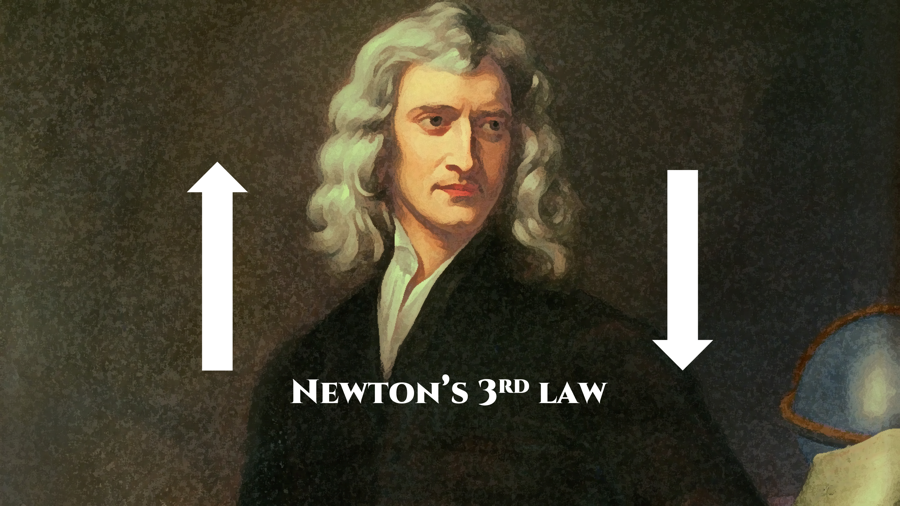
Newton and its third law of universal motion.
This law, part of Natural Philosophy, applies to every entity that exist in the universe and from which no entity can escape from. Natural philosophy studies the absolute laws of nature which are independent from any cultural opinion.
Newton recognized this fact in the title of its book called Philosophiæ Naturalis Principia Mathematica, published on July 5, 1687. His book founded classical mechanics describing the relationship between material entities, the forces acting upon them and the resulting motion.
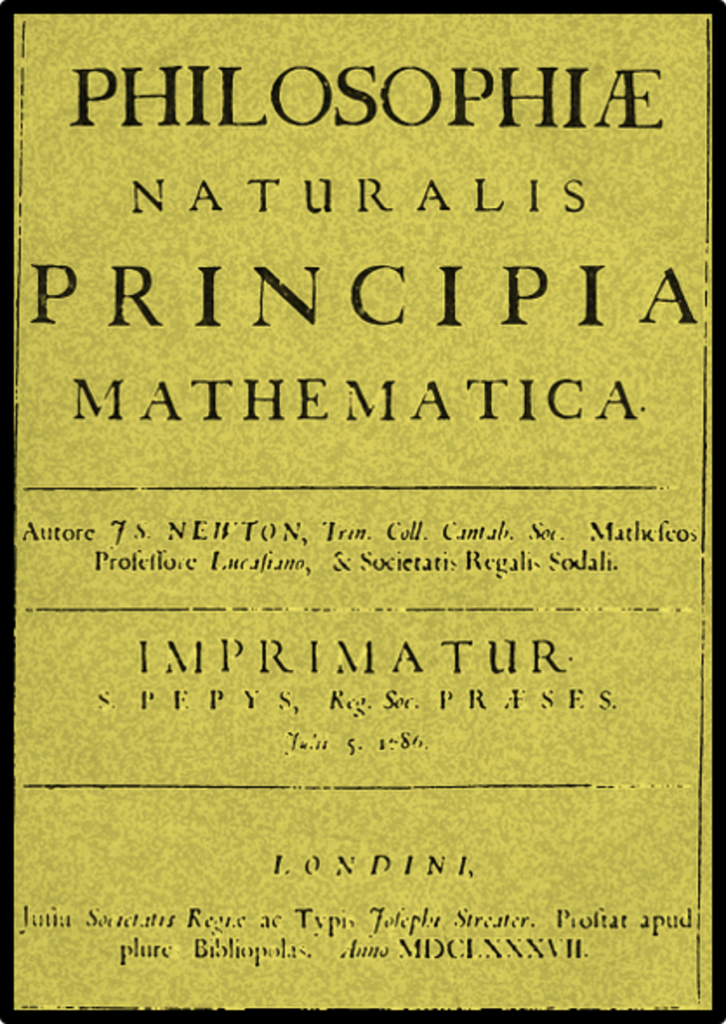
Newton and its book of Universal Laws of Motion.
In the Renaissance, Natural Philosophy was dominant too, when Galileo made its acceleration experiment. It consisted of a wooden ramp with a groove cut into it. He used a bronze ball that rolled down the groove measuring the time for its acceleration due to gravity.
He reached to the conclusion that all bodies who falls to the surface of the earth remains with a constant acceleration until hits the ground. But he ignored the reaction force produced by the air resistance accordingly to the 3rd Newton’s Law.
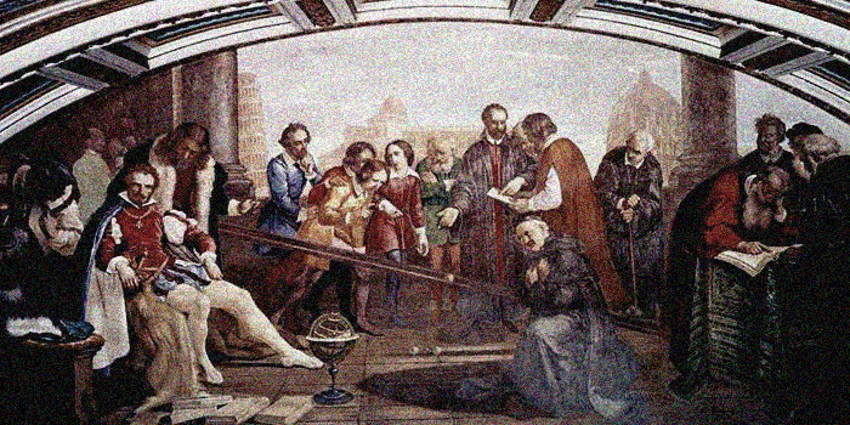
Galileo and its acceleration experiments in the Renaissance.
Galileo set the foundations of modern physics and the scientific method, standing in the shoulders of ancient philosophers like Aristotle.
Aristotle did something absolutely important to humanity: he identified the laws of reason, that is, the laws of Logic, including the Law of Identity. He did that in its book called Organon, a series of six books including logic. Its name was given by Aristotle’s followers and was used in its school called the Lyceum to guide scientific and philosophical inquiries.
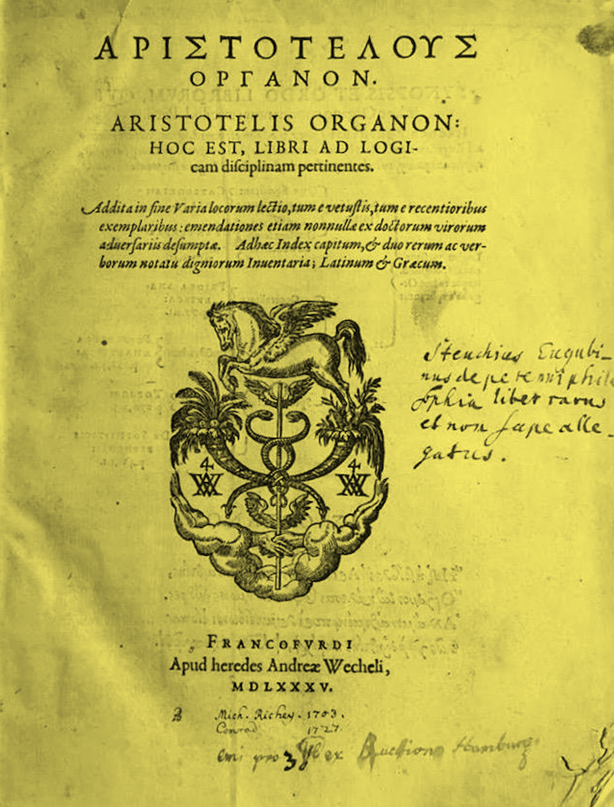
Organon, By Aristotle.
The Organon was the basic book to study logic and philosophy until the beginning of the 18th century and, in the context of natural philosophy, gave birth to the mechanical philosophy which compares the universe to a large universal mechanism. That catapulted the scientific and industrial revolution that made possible the microchips and the Artemis I Mission.
CONCLUSION
Objective laws rule all entities that exists in the universe, independently from any opinion of any person in any culture of any civilization.
Now answer to question 26.
QUESTION N° 26
Existence, identity and consciousness are absolute premises in the universe.
a) True
b) False
The answer is: true.
Leave your comments here.

